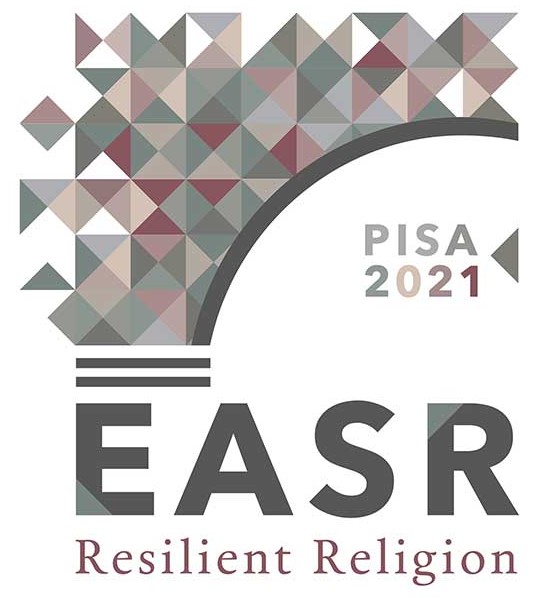Identity, diversity and (the study of) religion
Identity has become a highly contested topic in recent years, epitomized by mass movements such as Black Lives Matter, #metooand the movement for LGBT+ rights. Diversity has increasingly become an equally contested ideal, encompassing both individual rights and group identities defined by race, ethnicity, gender or religion. At the macro-level, identity and diversity relating to culture and religion have been used in various nationalist and postglobal discourses around the world. On the local level a number of campaigns and social movements across the world rally behind the same types of symbols and ideologies of identity and diversity. These global and local discourses and movements can, according to some observers, be analysed as (disruptive or resilient) religion.
As influential social phenomena, identity politics and diversity management have also had an impact on academia, especially in the social sciences and the humanities. In the U.S., scholars and university management have responded with manifestos, public letters and campus campaigns to what they perceive as structural racism, whitewashing of university curricula, Islamophobia and cultural appropriation. Similar movements have emerged at European institutions of higher learning, particularly in the UK but also in a number of other countries. These movements have generated counter-movements and warnings that academic freedom and freedom of expression are being undermined in the name of campus ‘wokeness’. Long before these debates, however, the academic study of religion in the tradition of Religionswissenschaft has been a target for criticism in postmodern and identity-focused discourses and various postmodern turns, exposing ethnocentric and Protestant biases as color-, gender-, culture- and religion blind universality. Western and Protestant models have been deconstructed and challenged by relativist strategies presenting religions and cultures as more dynamic and fluid, while another revisionist deconstruction of contemporary identity perspectives insists on discourses of difference and re-essentialized and re-racialized understandings of religious and cultural identities.
The aim of this panel is to present and discuss:
- Cases of contemporary identitarian movements as religion;
- The relevance and impacts of identity politics on the study of religion.
We ask what the study of religion approach can bring to an analysis of recent social movements calling for racial and gender justice and we ask how the academic study of religion will be affected by these movements.
Jørn Borup: jb@cas.au.dk
